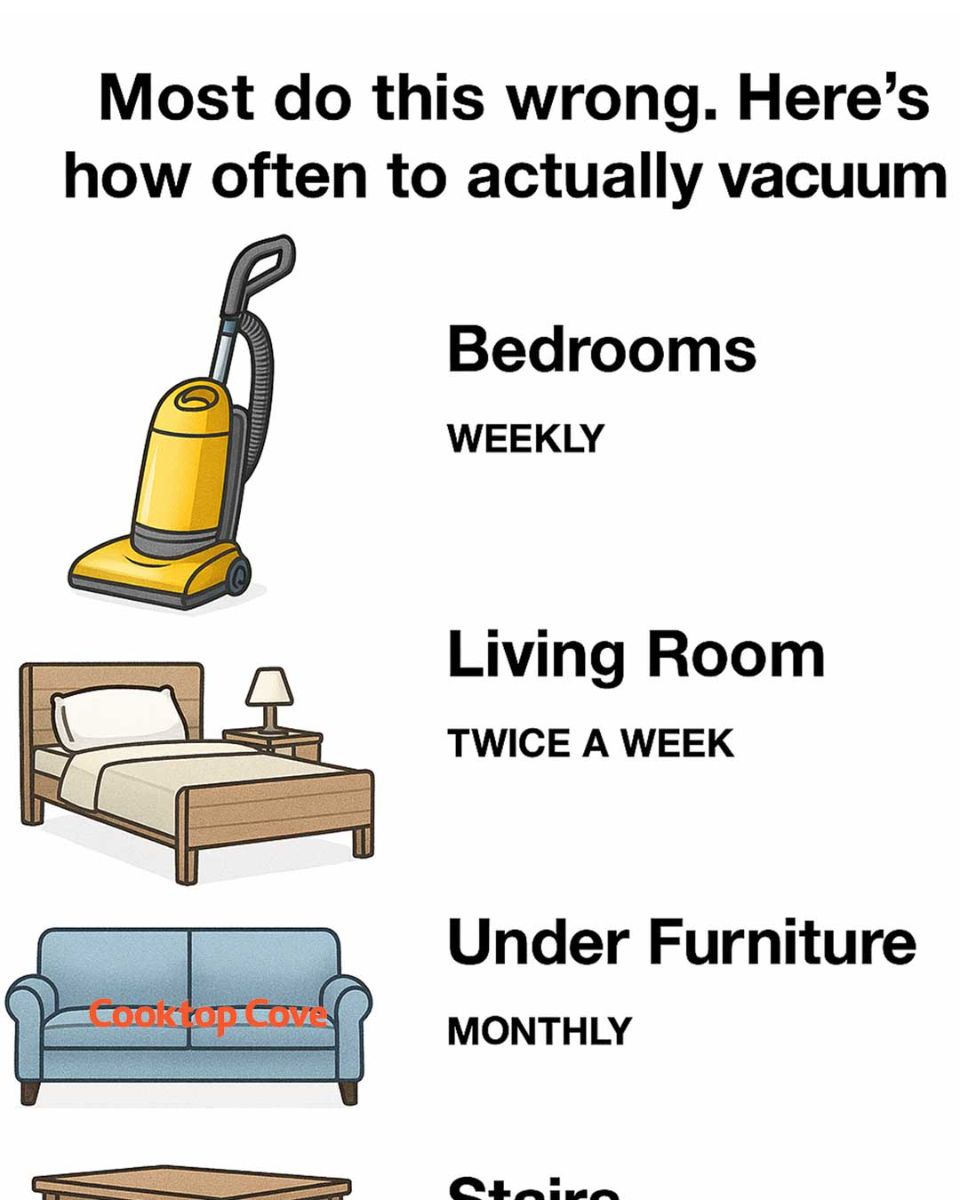Vacuuming is a chore that almost everyone does, yet not many people understand the optimal frequency for it. While some are diligent, vacuuming daily, others may let the task slide until the dust bunnies have taken over. Knowing how often to vacuum can improve not only the cleanliness of your home but also the health of its inhabitants.
Many factors influence how often you should vacuum, including the number of people living in your home, whether you have pets, and if anyone in the home suffers from allergies. This article will delve into the intricacies of vacuuming frequency, aiming to guide you on how to maintain a clean and healthy environment.
1. Understanding the Importance of Regular Vacuuming
Regular vacuuming is crucial for maintaining both the appearance and healthiness of your home. Dust and dirt particles can quickly accumulate, and if left unchecked, they can damage carpet fibers and hard floors, reducing their lifespan. By vacuuming regularly, you can remove up to 80% of the dirt and debris tracked into your home.
Moreover, vacuuming frequently helps reduce allergens in the home. Dust mites, pet dander, and pollen are common allergens that settle into carpets and upholstery. These can cause respiratory issues if not regularly removed. By vacuuming regularly, you can significantly decrease the concentration of these irritants, contributing to a healthier indoor environment.
2. The Impact of Dust and Allergens on Health
Dust and allergens play a significant role in indoor air quality. Studies have shown that indoor air can be two to five times more polluted than outdoor air, primarily due to dust and allergens. Dust mites, in particular, are microscopic organisms that thrive in household dust, and they are a common trigger for allergies and asthma.
For individuals with allergies or asthma, exposure to dust and allergens can lead to symptoms such as sneezing, coughing, and difficulty breathing. Regular vacuuming with a high-efficiency particulate air (HEPA) filter can capture these tiny particles, reducing their presence in your home and improving overall air quality.
3. Bedrooms: Why Weekly Vacuuming is Essential
Bedrooms are spaces where we spend a significant amount of time, and they can quickly accumulate dust, skin cells, and other debris. Vacuuming your bedroom once a week is generally sufficient to keep these allergens at bay. Pay special attention to the areas under the bed and around the furniture, as these are often overlooked and can harbor dust.
Using a vacuum with a HEPA filter is especially important in the bedroom, as it can trap smaller particles that other vacuums might miss. Additionally, if you suffer from allergies, consider vacuuming your mattress and pillows regularly to remove dust mites and allergens.
4. Living Rooms: The Case for Twice-Weekly Cleaning

